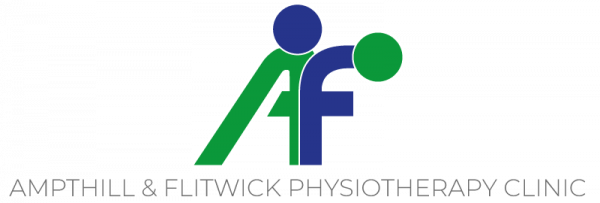Back Pain

Nearly two thirds of the population of the UK have experienced back pain which affects their ability to carry out daily tasks such as lifting or bending. 2.5 million people suffer back pain every day of the week. More working days are lost in this country through back pain than for any other reason.
Sources of the problem
It is not surprising that our backs cause most of the problems. Muscles in the back come into play during almost all movements we make, working against gravity to move us in the way we want to move. Back problems can be caused by acute and specific causes such as a fall or a road accident, but are more commonly caused by a gradual build-up of symptoms which increase over time. There is generally a fundamental difference in the treatment of back pain caused by injury than that caused by a condition such as rheumatoid arthritis or Ankylosing spondylitis.
How it can be treated, and what to expect at the physiotherapy clinic
Although there are a range of measures you can take to prevent back pain and to ease the symptoms, the Chartered Physiotherapist’s extensive training in anatomy and physiology means we are all experts in helping you understand what’s gone wrong, and how best to treat it. The most common causes of chronic pain are muscular or involve ligaments, joints, a trapped nerve or a disc. When you visit the Physiotherapist, they will carry out an extensive assessment before commencing treatment. This will include a discussion about your work, your leisure activities, and other aspects which could have caused the pain. You can expect a treatment which does not involve drugs, injections or complex machinery. Physiotherapy is still largely a hand-on profession. We will look at mobilisation of the joints of the spine, to see whether this causes or relieves the pain.
Massage helps to relieve spasm, increase circulation to the injured areas and help speed up the healing process. To some extent it is also down to you, you will be asked to carry out specific exercises to strengthen muscles and improve muscle support. Pilates exercises are effective in toning up your deep stomach muscles. Our physiotherapists are trained in Pilates and can give you individual advice and exercises.
Prevention methods
- Don’t bend over for long periods of time, or bend when you could kneel or squat
- Always warm up before you do any sport or exercise
- Take time to improve your muscle tone, contract your stomach muscles for a few minutes each day
- Always gently stretch backwards when you stand after having been bent over for some time
- Whenever you sit, keep an eye on your posture to ensure your back is straight. Adjust your chair if necessary If lifting heavy or awkward objects, do bend your knees, not your back
Above all, call us! Whether it is to discuss your symptoms, or to discuss various aspects of your treatment, we will be happy to help.

 Nearly two thirds of the population of the UK have experienced back pain which affects their ability to carry out daily tasks such as lifting or bending. 2.5 million people suffer back pain every day of the week. More working days are lost in this country through back pain than for any other reason.
Nearly two thirds of the population of the UK have experienced back pain which affects their ability to carry out daily tasks such as lifting or bending. 2.5 million people suffer back pain every day of the week. More working days are lost in this country through back pain than for any other reason.